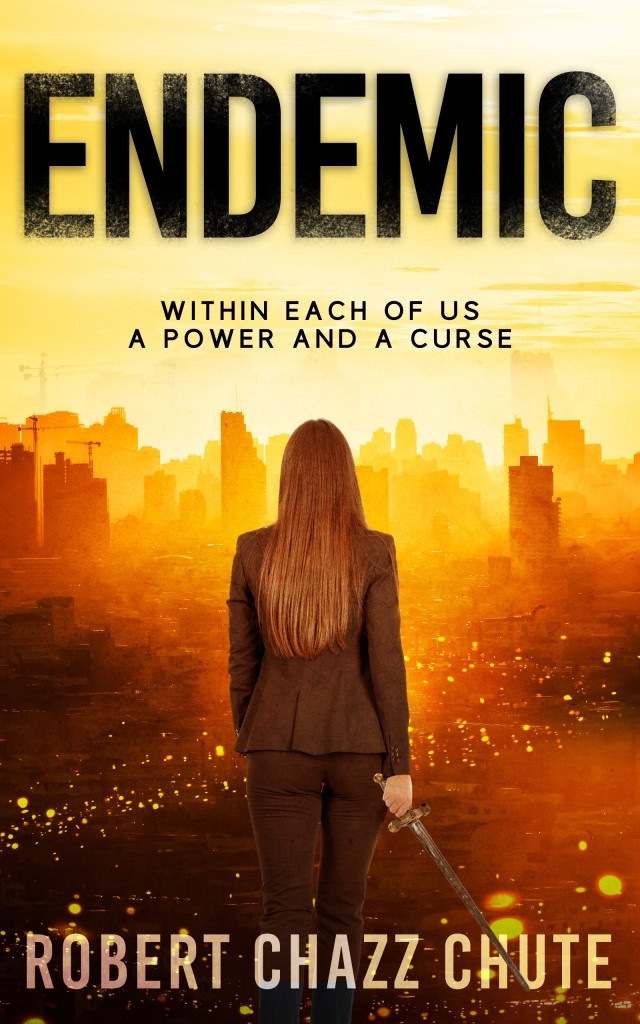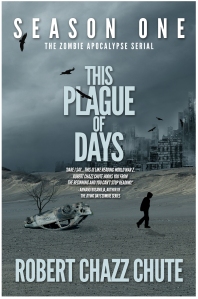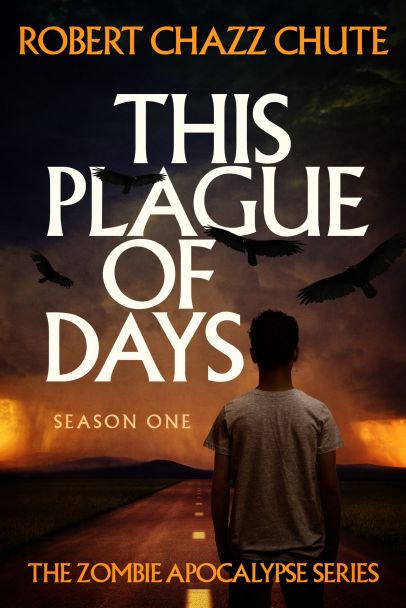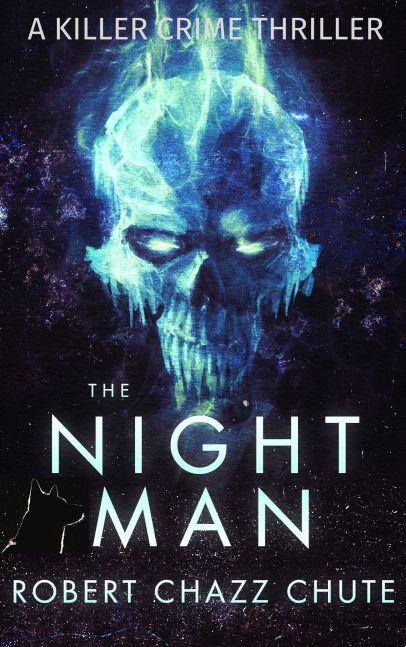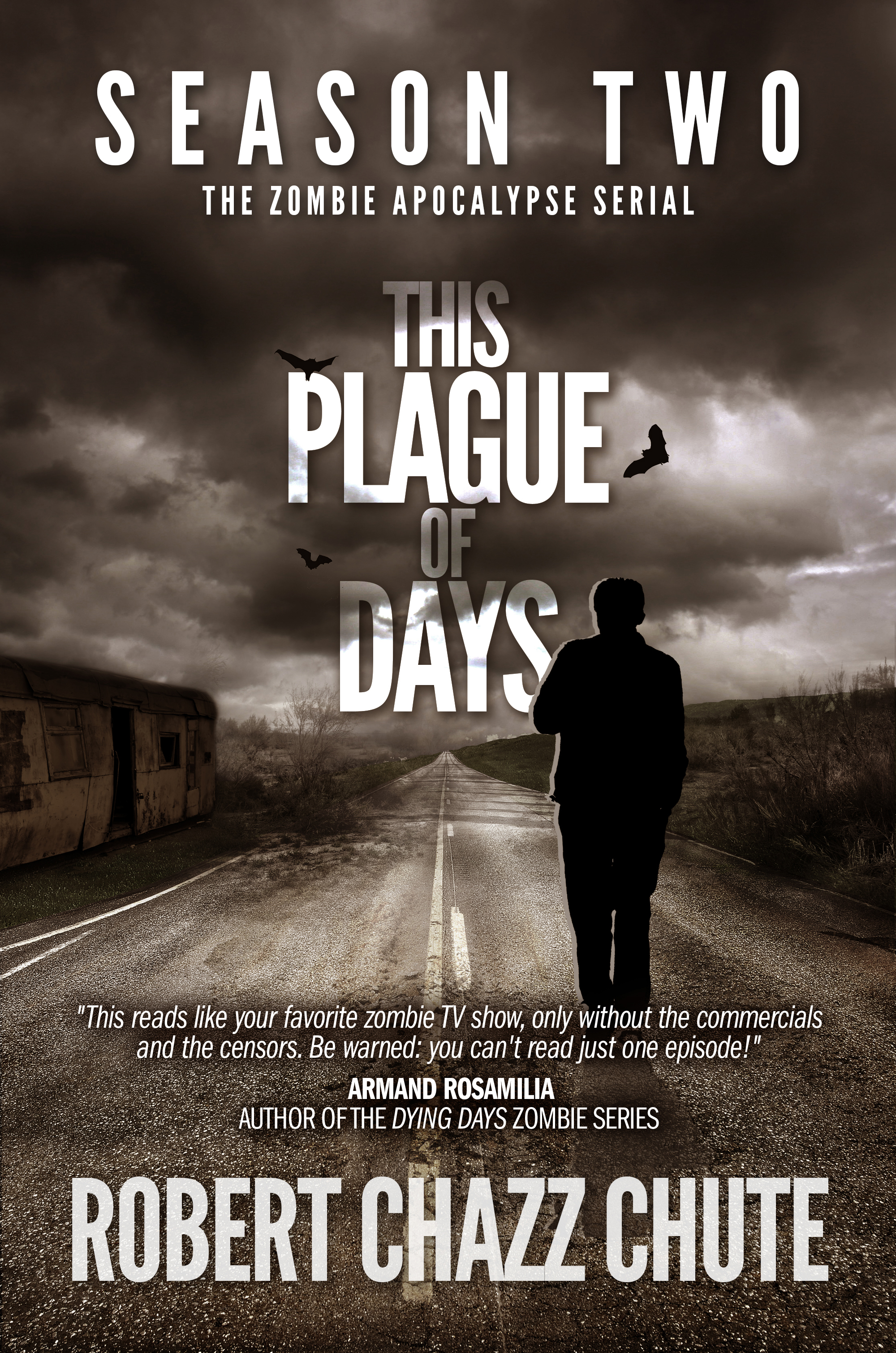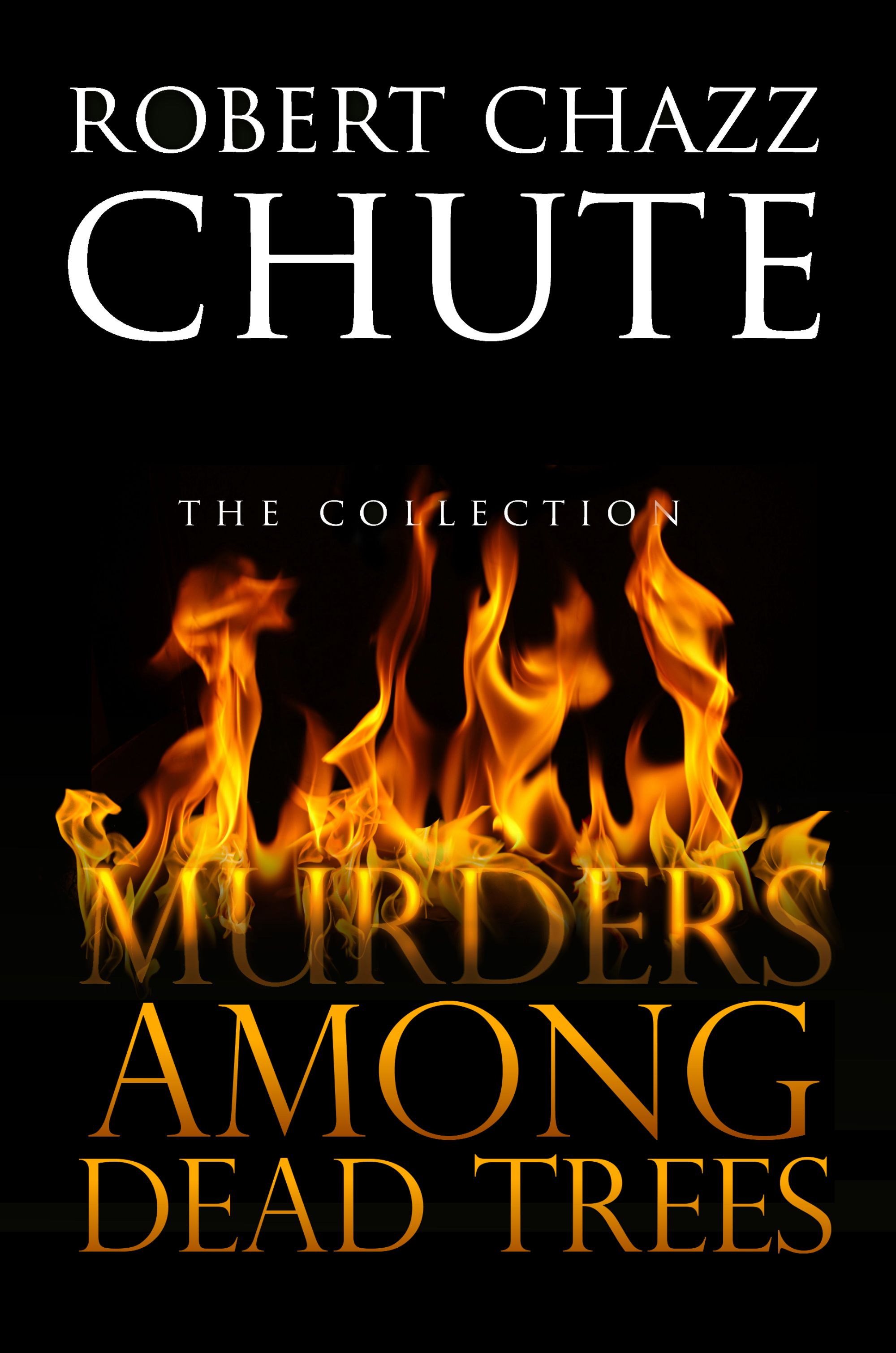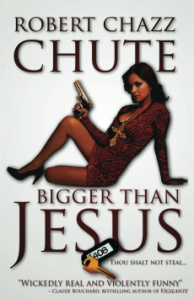I need to talk about a moment from Spider-Man: No Way Home and how it relates to great writing. I don’t want to spoil the moment for anyone, so I’ll be sufficiently vague. First, it’s a really fun movie guaranteed to satisfy Spider-Man fans of all ages. It’s playful with the franchise. You know to expect plenty of heroic feats, swinging by a thread and thwip, thwip, etc.,…
For action and fun, the movie satisfies, but this post is about heart.
You know what a parking lot movie is, right? It’s a movie that’s bubblegum for the eyes, but by the time you exit the theater and open your car door, you’ve basically forgotten it. (Just about any Steven Seagal movie is a parking lot movie. Besides Under Siege, they all run together.)
The example of great writing I’m focused on is away from No Way Home‘s big action set pieces. It’s a quiet moment of heroism and integrity at the very end of the film. Peter Parker makes a deep sacrifice to protect those he loves. He sees a bandaid and makes a gut-wrenching decision. It’s a touching scene, the kind that you remember long after all the rampant CGI fades from your memory. (If you’ve seen the movie, you know there’s a tearful moment in which MJ is saved that will stick with you a long time, too.)
In Spider-Man 2, when Tobey Maguire’s Spidey battles Doc Ock on a train, there’s a moment in which New Yorkers band together to care for and protect Spider-Man instead of the other way around. That scene still brings me to tears and I’ll tell you why: The last two years have demonstrated that not everyone is interested in doing anything for others. Showing off the best of humanity through fiction is inspiring stuff. Entertainment requires conflict and great villains make for great stories. Beyond the expected there are opportunities to do more with your words. Take those chances to be trenchant and affect your reader deeply.
Making memorable fiction is about finding those unexpected moments that make readers feel something in the center of their chests. I’m talking about those moments that bring tears to eyes, the kind of word magic that puts pictures in your audience’s heads and makes them stop and think, too. You want them thinking about the story long after they close your book.
Please give us more of those smaller, poignant moments in genre fiction.
Spider-Man is one of my favorite heroes from the comics, mostly because of the humorous dialogue and how humble his origin story is. Sure, he’s a genius science nerd with amazing strength, but he’s also got a tyrannical boss in J. Jonah Jameson. Peter is constantly broke while risking his life every night. (Me? I’d be constantly terrified of running out of web fluid sixty stories above the pavement.) Peter Parker’s vulnerability and human choices make him interesting and relatable.
There are plenty of examples of ordinary people acting in extraordinary ways.
The nice old man in the hospital bed was talking about picking tomatoes from his garden a moment ago. He was looking forward to seeing his new grandchild. Now his heart has stopped. Picture the anxious look on a nurse’s face the second before she has to punch the button to call a Code Blue. Caring and capable, her pulse accelerates. What happens in the next few minutes matters.
Picture the determined look on another nurse’s face as the team bursts into the patient’s room with a crash cart. She doesn’t want to see another dead body today. She’s exhausted from a too-long shift, but the burst of adrenaline chases away her fatigue, at least for the moment. Her jaw is set in defiance of Death.
See the doctor. She looks self-assured, but she doubts herself and will do anything to avoid delivering bad news to another grieving widow.
Honor the diligent daughter backing away from their dad’s hospital bed in horror and disbelief. She’s struggling to hide her fear. And what will she tell her mom?
Some hold a bias against genre fiction.
They think it’s big on the boom but deeper characterization is reserved for high literature. Bullshit. We can give them action and deliver on heart, too.
They did it a comic book. They did it in a comic book movie. You can do it in your novels.
~ For deep characterization and heart paired with action, read Endemic. Ovid Fairweather is a bullied nerd stuck in a collapsed New York City. Alone except for the voices in her head, she will become Queen of the Viral Apocalypse.
Check out all my books at my author site, AllThatChazz.com.
Filed under: writing advice, creating relatable characters, fiction, genre fiction versus literature, how to write with heart, No Way Home, novel writing, Robert Chazz Chute, Spiderman, Spiderman No Way Home, writing, writing better fiction, writing fiction, writing to convey emotion, writing with heart

